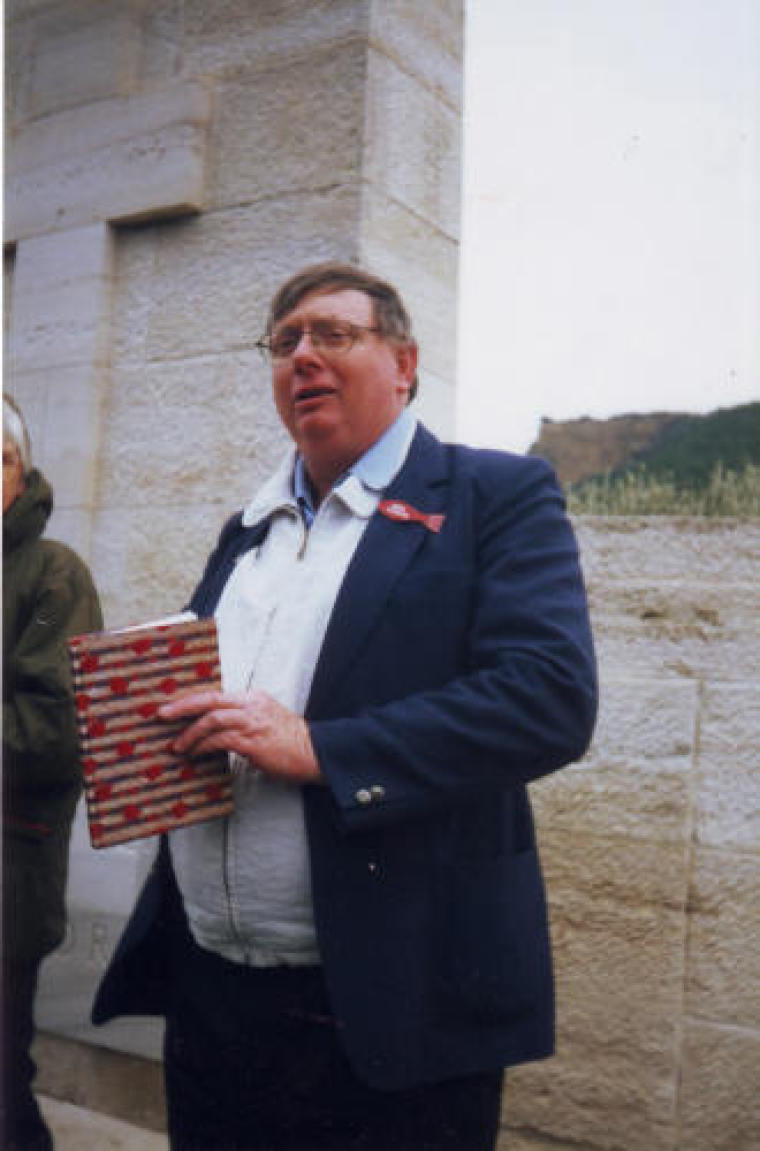
There was a sentiment across Australia from the '60s and into the '80s that downgraded ANZAC DAY. Some have put this down to the anti-Vietnam sentiments, exacerbated by the feeling of abandonment by its veterans; but it began long before that when the post war baby-boomers, only ever experiencing affluence, disassociated themselves from their father's and grand father's war exploits.
Their sentiments were often encouraged by the war-veterans themselves, who ached for peace and who never spoke about their war experiences because they either wanted to forget, or they wanted to protect their own children from the horrifying aspects of anything to do with war.
Alan Seymour's play 'The One Day of the Year', first produced in 1960, expressed the emerging opinion of that younger generation that the celebration of ANZAC day 'glorified' all wars. It also contrasted this with the reluctance of the returned servicemen to discuss 'their' war with anyone other than their 'mates' who had been there, and understood.
"However, something happened with the so-called Generation Y which, in effect, U-turned the whole ANZAC experience. There are a number of reasons why this change has taken place," noted Baptist minister, M V Tronson.
First, overseas travel became much cheaper than ever before, so young back-packing Australians began pilgrimages to Gallipoli and Anzac Cove. This started a grass-roots movement that was as associated with a spirit of enquiry as it was with family histories. With their facility for the modern mass-communications media, these young Australians could easily pass on their stories and photos to other potential young travellers.
Second, the Commonwealth Government made a significant contribution to the 75th anniversary of the landing at Gallipoli in 1990 by taking very elderly Gallopili veterans to the Dawn Service at Anzac Cove in Turkey. The media images of this event captured the imagination of many young people; some of whom accompanied their relatives, or were there as their prize for winning a nation-wide competition, which involved writing about the personal histories of their family members who had died at Gallipoli.
Third, as they progressed to their twilight years and became more reflective, many War Veterans seemed to become more comfortable confiding their personal stories to their grandchildren, when they had never been able to talk about it to their own children.
In response, the children who had not known war understood their old folks' sense of pride and adventure and purpose that had been missing from their own lives. Thus stories were made public for the first time through old diaries, and youngsters recording the history of what their grandfathers and great-grand fathers had done, bringing a fresh sense of ownership to Anzac Day which captivated Generation Y.
However, there is something else that has recently become prominent. Apart from the symbolism of ANZAC DAY, which traditionally had been that of sacrifice, mateship and giving of ones self, ANZAC day has always been the symbol of the 'birth' of Australian nationalism.
It is ironic that, in fact, Gallipoli does not 'belong' to us: this battle has also always symbolised the birth of Turkish secular nationalism, and this parallel growth of both countries has been emphasised in recent years in the popular press. However, our young people, who are able to be citizens of the world more than any previous generation, have taken this nationalistic ANZAC tradition as a symbol of home, and are forming their own traditions around it.
"When my son visited Gallipoli for an Anzac Day service a few years ago, the one item that he asked us to send to him was the Australian flag," M V Tronson said. "In fact, not just one Australian flag – but many flags, in different sizes and printed on various pieces of clothing, to supply him and many of his friends."
A sense of national identity, enmeshed with several sentiments, is being acted out by a host of young Australians. This has changed the ANZAC DAY climate entirely.
One emotion that 'hits' the young tourists is a personal identification with the young boys who died at Gallipoli; boys of roughly their own age. Another sentiment expresses the wonder of how blessed they are, as individuals to have had the privilege of seeing other parts of the world and experiencing first-hand a little of our history by 'being there'.
While in this far-away, cold place at dawn, another emotion that becomes self-evident is how precious their family is, compared with the sacrifice and heartache of their forbears. And finally, many of them develop a determination to protect the astonishingly peaceful democratic system we have in Australia.
"Our nation is in safe hands as I witness these young adults. As I travel across the nation I stand tall as I hear of the accomplishments of our nation's youth. Many, to the delight of my heart, uncompromisingly follow Jesus, and there is some evidence that this generation is searching for different answers from those of any previous generation," M V Tronson stated.